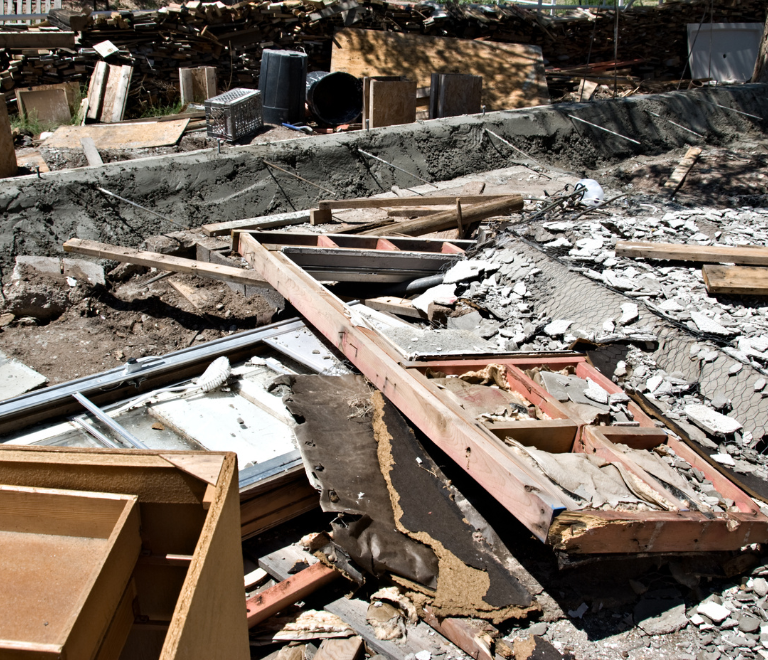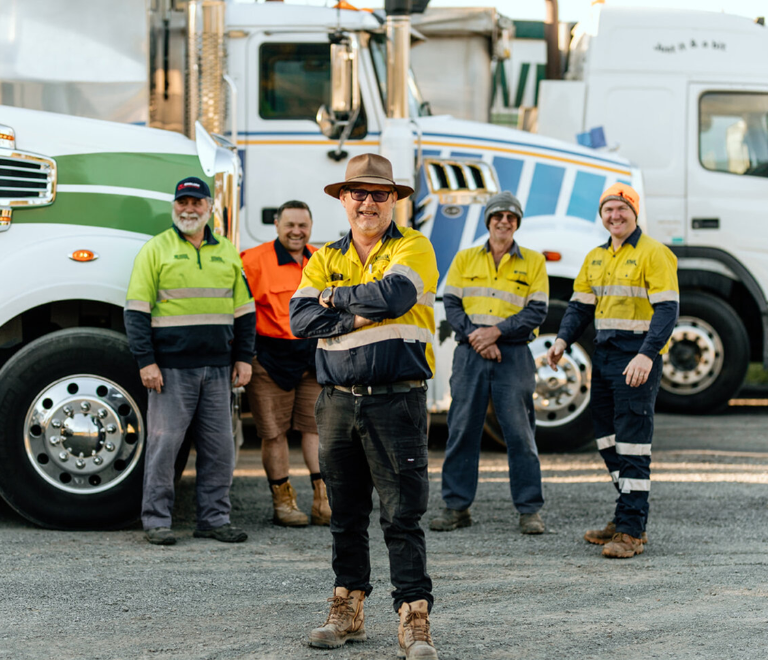Unexpected disasters cause chaos everywhere they go, wreaking havoc on people, resources, and other things. catastrophes include man-made tragedies like terrorist acts as well as natural disasters like storms and earthquakes. We frequently had to rely on the medical community and call on the police and firefighters as emergency response for these tragedies.
However, truck drivers who put in just as much work are frequently disregarded. These truck drivers are vital to the disaster relief effort since they help with evacuation assistance, logistics support, and the provision of necessary supplies. To the affected communities, trucks deliver supplies and things like food, water, medical equipment, and other necessities.
This blog will examine the role that truck drivers played during the crisis by stressing their commitment, resiliency, and difficulties.
Logistics Support
In the event of a crisis, planning assistance becomes crucial. Trucks and their drivers help logistics get things done. It involves determining what is required, obtaining it, and ensuring it arrives at the right location and at the right time. This calls for extensive collaboration between various governmental, nonprofit, and corporate sectors. The sole objective is to provide relief delivered swiftly and effectively to those in need.
After a crisis, prompt delivery of vital supplies is crucial since it can mean the difference between life and death for those who are affected. To meet immediate needs, resources such as food, water, medical supplies, and building materials are desperately needed. A disaster’s effects can be worsened by delays in the delivery of supplies, resulting in more casualties, illnesses, and displaced people. Thus, the most crucial aspect of disaster relief activities is making sure that necessary supplies are transported quickly and effectively.
Since they are the ones who transport things from one location to another, truck drivers are akin to the unsung heroes of disaster relief. To disaster zones, truck drivers deliver supplies including food, water, and other necessities. Truckers are essential because they can go practically anywhere. Whether they are traversing difficult terrain, negotiating traffic, or dealing with shifting weather, they never waver in their resolve to provide relief to those in need. They are priceless assets in the disaster relief logistics chain due to their adaptability, flexibility, and capacity to change with the times. The prompt delivery of vital resources to affected communities would be extremely difficult without the dedicated efforts of truckers.
Need for Taking Quick Action During Disasters
In times of crisis, quick action is crucial. People need aid immediately since their lives may be in danger. Responders need to move fast because of this. There is a better opportunity to preserve lives and lessen the damage caused by the tragedy the sooner they arrive in the impacted areas and begin assisting.
It’s well known that truck drivers can rise to different situations. They are accustomed to handling issues when driving, such as inclement weather and traffic congestion. To deliver goods where they are most needed, truckers are prepared to alter their plans and routes in the event of a crisis. They may need to adjust their itinerary or discover alternate routes. However, the drivers of the trucks are always up for the challenge, making sure that the delivery of aids is their top priority and that they arrive on time.
Transportation Of Essential Supplies
Truck drivers are in charge of transporting a variety of vital goods to affected areas during natural catastrophes. Food, drink, hygiene goods, blankets, and medical supplies are some of these supplies — anything that a person could require in the wake of a calamity to survive and remain healthy. Even if it means traveling in challenging weather or for extended periods, truckers ensure that these goods reach the areas where they are most needed.
For truckers, moving necessities during emergencies can be challenging. They frequently have to cope with poor weather, backed-up traffic, and broken roadways. These difficulties may cause deliveries to lag and make it more difficult for trucks to reach impacted locations. Truck drivers may occasionally even run the chance of experiencing safety hazards, such as traveling through hazardous areas or coming across shaky buildings. Despite these difficulties, truck drivers continue to be devoted to helping those in need, displaying remarkable fortitude and perseverance in the face of hardship.

Rebuilding Of Infrastructure After Disasters
Truck drivers deliver heavy equipment like excavators, bulldozers, and cranes to the impacted areas, as well as building supplies like bricks, cement, and roofing materials that aid in the reconstruction of houses, structures, roads, and bridges. They also carry building materials like steel, concrete, and lumber. Without truck drivers, the reconstruction process would be much slower, extending the time needed for rehabilitation and the agony endured by the impacted populations. Rebuilding and repairing damaged infrastructure depends on the prompt and effective delivery of these goods.
To ensure that resources are distributed wisely and that reconstruction activities run successfully, they collaborate closely with engineers, construction teams, and emergency responders. These partnerships are essential to optimizing the effect of relief operations and expediting the recuperation process.
Pillars Of The Community During Disaster
Whether it’s delivering necessary supplies, assisting with cleanup, or offering transportation to those in need, truckers are crucial in offering support and aid to impacted areas. As the community comes together to work toward recovery, their presence and involvement serve to foster a sense of optimism and resilience.
To help individuals in need, they might volunteer their time, give materials, or take part in community-led projects. Their altruistic deeds of charity and kindness foster communal ties and show support for one another in the face of hardship.
They try to be upfront and honest in their communication with the locals, answering any worries or inquiries they might have regarding the rescue operations. Truckers can better understand the needs of the community and support them during the rehabilitation process by cultivating strong relationships with them.
The Difficulties Truckers Face During a Disaster
Truckers who work in disaster relief may experience physical and psychological strain. They frequently put in lengthy workdays under demanding circumstances, which leaves them worn out and emotionally drained. Long-term driving can have physical consequences that can result in health problems such as back discomfort, strained muscles, and lack of sleep.
There’s a greater chance of accidents and injuries because of potentially dangerous road conditions and unstable structures. Their safety and security may also be threatened by the presence of looters, vandals, and other criminal groups.
They could run into problems including restricted access to food, lodging, and fuel, as well as delays in getting paid for their labor. Truckers may find it difficult to do their jobs well without sufficient support networks in place, which could impede relief efforts and have an adverse influence on the healing process as a whole.
Bottom Line
To sum up, truck drivers are the unsung heroes of the disaster relief movement. They are crucial in making sure that supplies are delivered on time, helping with logistics, and helping to rebuild infrastructure. Truck drivers are committed to aiding communities in need, even in the face of several obstacles like poor road conditions, safety concerns, and scarce resources. Despite these hurdles, they never waver in their resolve. Their important contribution to disaster response and recovery activities is exemplified by their prompt responsiveness, adaptability, and readiness to go above and beyond.
Since truck drivers continue to be the lifeblood of impacted communities and represent the spirit of resiliency and solidarity in the face of hardship, we must acknowledge and honor their unwavering efforts. In the future, maintaining the efficiency and sustainability of disaster relief efforts will depend heavily on truckers’ well-being.



